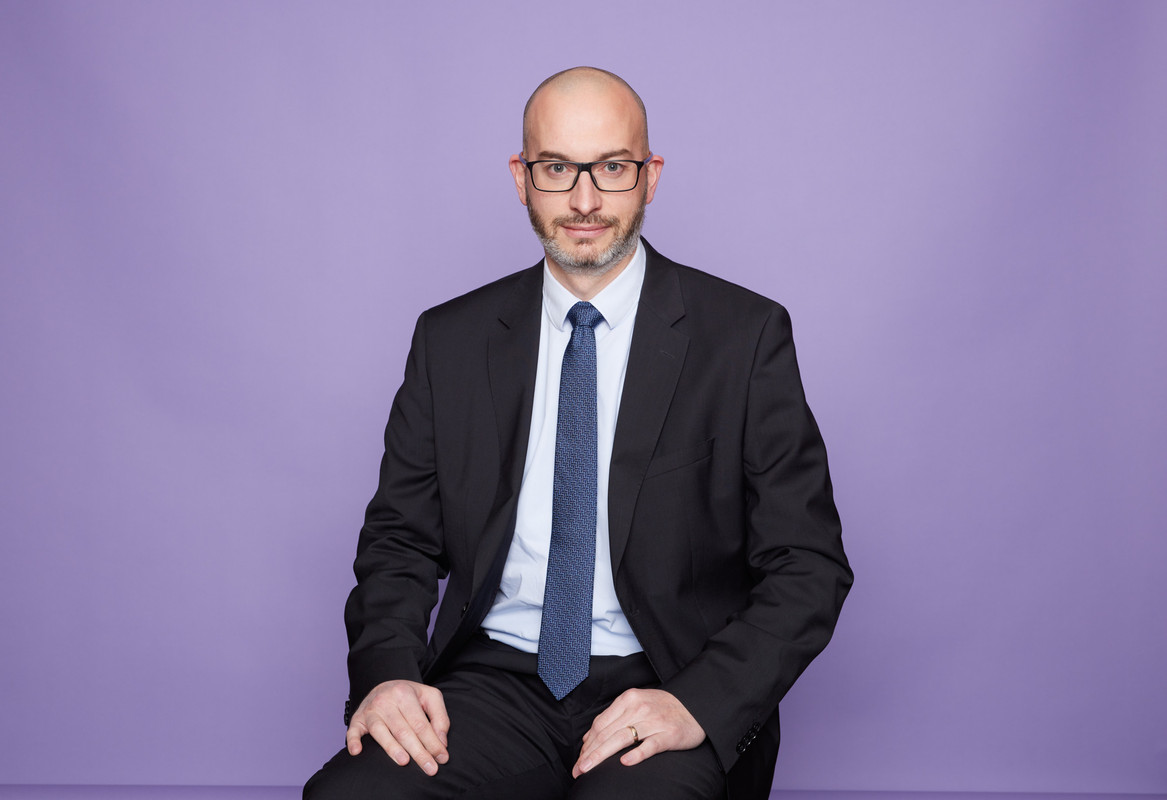As Banque de Luxembourg does it adopt artificial intelligence in its processes? How will it affect the day-to-day experiences of internal employees and external customers?
Stéphane Bouvy. —”Since 2018, we have had a department focused on the use of data. This allows us to work across the entire data exploitation value chain, from descriptive to cognitive. AI therefore represents an additional way of exploiting data.
We don’t do AI just for the sake of AI. Our positioning is to use AI sensibly, where it makes the most sense in our private banking activities, and always within an ethical framework that protects the integrity of our data. AI is not intended to replace human intelligence; on the contrary, it completes and strengthens it.
Currently, our team of data scientists is working on several use cases, which allows us to constantly offer new features and evolve our approach over time.
We also support two PhD students, one at the University of Luxembourg and the other at the University of Maastricht. At Banque de Luxembourg, our vision is to prioritize the continuous improvement of our processes and contribute to this dynamic and evolving ecosystem in Luxembourg, and especially in the financial system.
Do you have use cases to share with us? What is the goal and how will it work?
“We have several use cases in the works. They are primarily intended to support our business processes and compliance with anti-money laundering regulations. In general, these uses are part of an approach that facilitates the work of our employees.
While remaining the client’s preferred contact and relying on a relationship of trust built over time, the private banker can be assisted by AI, depending on the case and the client’s needs. This deliberate and controlled use allows them to be freed from repetitive and time-consuming tasks, so that they can concentrate on the intrinsic value of their mission.
We also have a transfer fraud detection model that has repeatedly demonstrated the relevance of these technologies. This allows us to protect our customers and facilitate the work of our employees. This approach is therefore beneficial on two levels: for our clients and for our employees.
While some data “prophets” already predict that artificial intelligence could replace board members by 2030, we believe that human intelligence will continue to play a key role in the decision-making process and in general.
What steps is Banque de Luxembourg taking to comply with EU AI legislation in its current form? What are the main challenges and opportunities?
“The aim of this regulation is to ensure better conditions for the development and use of this technology and to provide greater transparency and protection. This robust framework aims to strike a balance between promoting innovation and responsible AI development. To achieve this, the text relies on a risk-based approach, classifying AI systems according to different levels of risk.
This desire of the regulator to regulate the practice and thereby avoid abuses is a good thing. It should be kept in mind that this regulation applies to all areas of activity, not just the financial sector.
The potential of this technology remains impressive and we believe it is important to lead the various players in the direction of consumer protection.
With this in mind, we undertook a review of our existing models to categorize them according to the regulations and prepare them for their application. Our sensible and targeted approach to the adoption of these technologies puts us in a good position to welcome this new regulation, although additional efforts will be required.
Looking ahead, how will artificial intelligence change the customer banking experience in 10-15 years? How will it develop compared to today?
“It is not easy to predict and assess the potential and impact of artificial intelligence in the financial sector. But AI is an opportunity and a great help for business development.
While some data “prophets” already predict that artificial intelligence could replace board members by 2030, we believe that human intelligence will continue to play a key role in the decision-making process and in general. AI will help us, at different levels and in defined use cases, but humans will and must remain the final decision makers. It is important that there is no AI without human intelligence. This is even more true in the field of private banking, where the relationship with the client is precious and where trust is an essential aspect of the relationship.
But it is clear that these technologies will profoundly change the way we work in the sector. We have an additional tool, it’s up to us to use it responsibly and ethically.”
This article was written by Done in English, translated and published by Paperjam in French.


